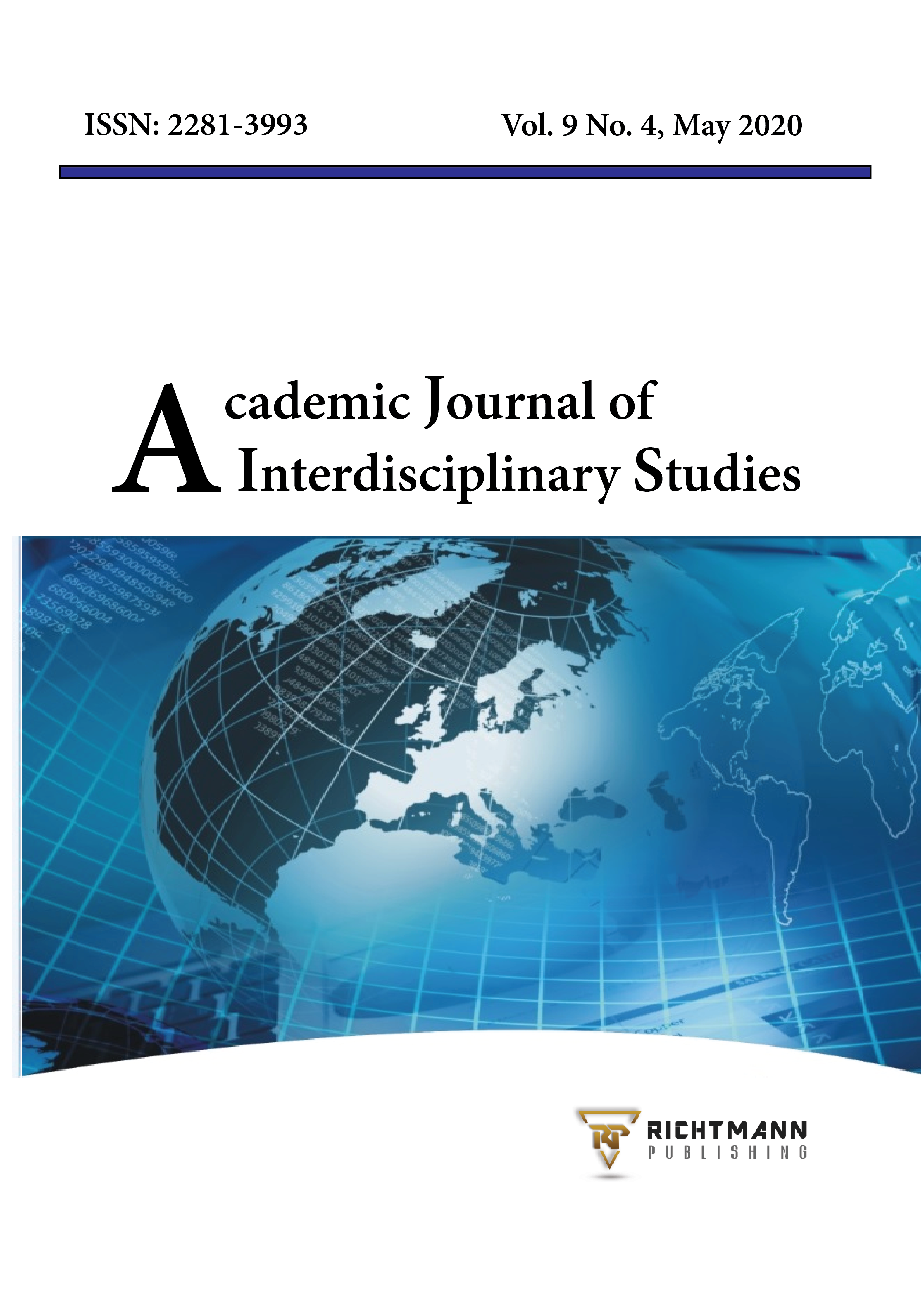Coastal and Marine Resource Policies and the Loss of Ethnic Identity of the Bajo Tribe
DOI:
https://doi.org/10.36941/ajis-2020-0050Abstract
The Bajo Tribe constructs themselves as part of their environment; their identity is bound to their relationship with coastal and marine resources. They lived and owned the coastal and marine resources in Tomini Bay since the 1800s; however, it shifted when the state set conservation and concession policies since the 1980s. This research analyzed the coastal and marine resource policies and its impact on the ethnic identity of the Bajo tribe. The researchers applied the historical sociology approach and collected data through observation, interviews, and documentation methods. The result showed that the state policies regarding coastal and marine resources, which followed by the resettlement program to the land, caused the customary institution of the Bajo Tribe removed from its cultural roots. Conservation policy resulted in the territorializing of coastal and marine areas. Meanwhile, the concession policy of forest management permit and cultivation right on land had caused damage in coastal and marine resources due to overexploitation. These policies cause the loss of ethnic identity of the Bajo Tribe due to closed access and destruction of coastal and marine resources.
Downloads
Downloads
Published
Issue
Section
License
This work is licensed under a Creative Commons Attribution-NonCommercial 4.0 International License.








